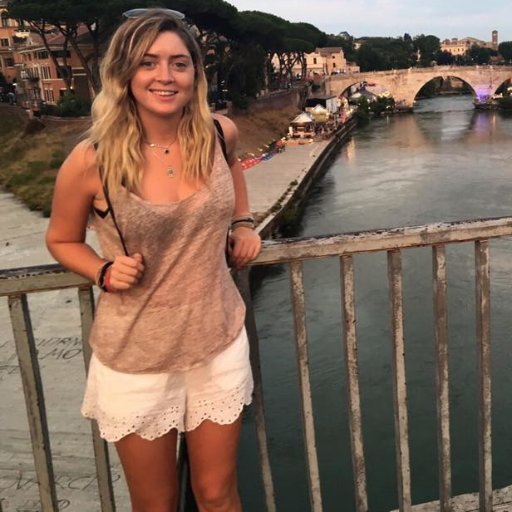
We sat down with Australian author Emily O’Beirne to discuss travel, LGBT fiction, and what we can expect next.
Melbourne based author Emily O’Beirne spoke with us about her new novel Points of Departure, travel, and why she decided to write from a multi-point view.
What made you write a book about travelling?
Australians travel. It’s what we do. Even though we come from this great big island far from anywhere, where getting on a plane is an arduous and expensive thing to do, we do it anyway. I’m actually surprised there aren’t more Aussie YA books about the experience. I feel like travel is a real rite of passage, so it’s a great setting for a story about eighteen-year-olds who are coming of age. And I wanted to use travel to mark this period of transition from high school to university—and supposed adulthood in Points of Departure.
Travel is a time of change and growth because it challenges your comfort zones. All the girls in this book are going through something, and being overseas with people they don’t know make these experiences more intense or unexpected or serendipitous. It’s also a time where you can shed your old self a little, and try on a new kind of being. That’s what Liza’s doing in Points of Departure. She’s quit running and she’s come out to her parents and her best friend, and now she wants to see what it’s like to live life outside the strictures of training.
Or there’s Olivia, who,being away from her usual world allows her to see that maybe she’s just been living a kind of set existence, and to feel like maybe she can break from it a little.
Why do you choose to write LGBT young adult fiction?
Because there are still not enough books about young gay women. I felt that lack when I was a younger reader, and I still feel like it exists now. I’ll never write a book that doesn’t have at least one LGBTQIA main character. Why would I? When they’re so badly needed? Besides, with everything that has been going on television, with the outcry after the death of a teen lesbian character in The 100, and the general annihilation of lesbian characters on our screen, we need representation now more than ever. I wasn’t even watching the show at the time, but I loved that this audience had the passion and the anger to respond and say “stop discounting our lives”. For me, telling stories about young, gay lives is just a small way I can help tip the balance in our favour.
The story is told from the perspectives of four different characters. Why did you decide to write it this way?
It didn’t actually start like that. The multi-point of view emerged from realising I needed to tell a couple of character’s different viewpoints for the plot to work. And then I thought, why not tell it from all their experiences? I’m so glad I did as a writer, because I got to live in all their heads for a while, and really explore. And I also like the added dimensions of character it added. How it lets the reader witness the difference between how a character sees herself and how others see her. I had to leave one character’s POV out, though, because I added her later and thought a fifth voice might make things too confusing!
When you write something with a group of characters like this, do you have favourites?
I like all of them so much, and all of them were easy to write. But I’d be lying if I didn’t say I have a soft spot for Liza. Because originally it was just going to be her story. And the book starts with her crisis: how the hell is she going to go on this trip without her best friend by her side? How is she going to move past her first, demoralising relationship with a girl, and find someone who likes her? I also love Liza because she is the one who thinks she needs to change, but she doesn’t. Not really. She doesn’t need to accept anything, or change anything like the other girls. She just needed to widen her experience. And this trip does that.
What’s next?
I have just finished another book, due to come out later this year, called Here’s the Thing. It’s a different kind of book for me. It’s written in the first person, and for a younger audience. It was SO much fun to write in a different voice. And I’m also working on a kind of dystopian adventure story at the moment.
What do you do when you’re not writing?
Currently life is stupidly busy, so I’m mostly being annoyed that I’m not writing.

